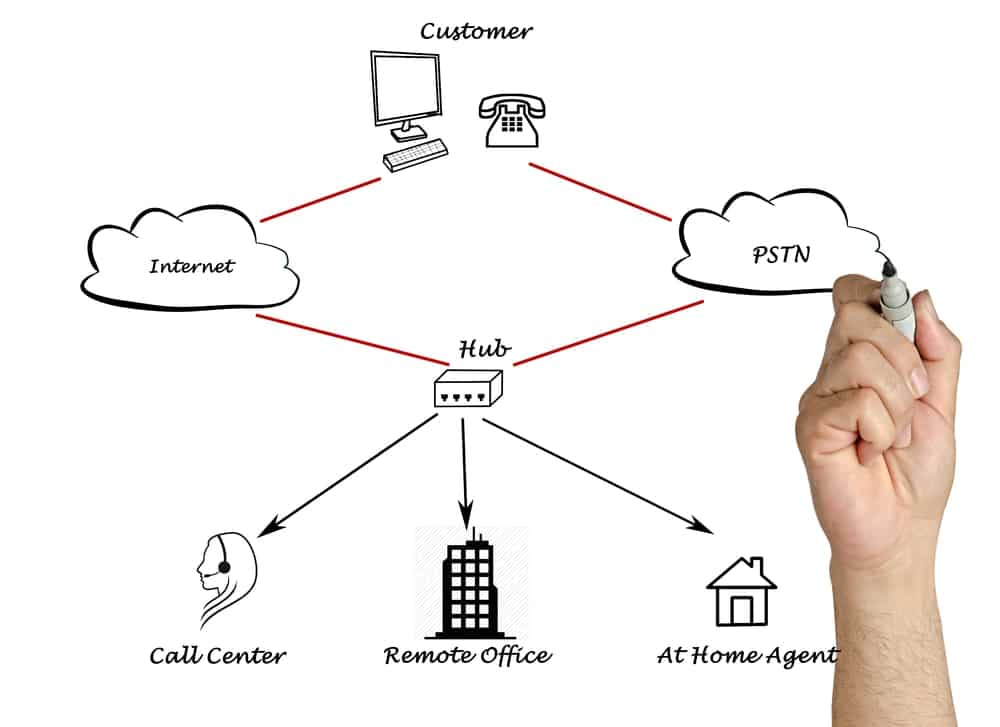The dominant technology in voice telephony is still PSTN, but not for long. Some businesses have delayed the transition to VoIP, thinking that PSTN will continue to be supported for years to come. Now that VoIP has features such as emergency dialling, which was previously only supported by PSTN networks, there is no reason to delay the switch to VoIP and reap the benefits of its many advantages.
Cutting off PSTN
In many countries, PSTN networks are governed by legislation and the carriers have an obligation to maintain the infrastructure as part of a public service. So in some countries, such as Ireland, where authorities are keen to make the transition to VoIP, regulations need to be modified. BT in the UK and Orange in France have assessed the changing landscape of telecommunications and have already announced their intentions to switch off their PSTN networks.
BT has indicated that it will switch off PSTN services in 2025. The carrier will not provide new analogue services to its customers or to new customers after 2020. The French regulator has said that certain criteria must be satisfied before PSTN services can be shut down in France. These include giving customers at least five years’ warning and having equivalent infrastructure and services in place before doing away with the present technology.
In Germany, Deutsche Telekom has moved ahead with its transition plans and plans to begin the change this year. In North America, large carriers such as AT&T have begun conducting trials of VoIP services, while regulators have said that the PSTN infrastructure can be shut down when necessary preparations for its replacement have been carried out.
The concern of most regulators is that customers should not be inconvenienced or have to use a lesser quality service as the transition to VoIP takes place.
Why your business needs wholesale VoIP termination
As a business, your preparation for VoIP is far simpler. If you haven’t already made the switch, then you will need to think about what the communication needs of your business are and what kind of VoIP package would best serve them. A provider such as IDT with a large global network can offer competitive termination rates which could make a huge difference to call costs, particularly if your business trades internationally. VoIP calls in general cost far less, but there are charges involved when a call goes through to a landline or a mobile phone, particularly in developing countries.
A good VoIP provider should be able to offer all the services that are possible with VoIP, such as dedicated lines for important clients, remote working for staff and the ability to log into your system from wherever you happen to be in the world. Other benefits VoIP can offer include customised security measures, and the ability to scale up or down as your business evolves.
For further information on robust, comprehensive and competitively priced VoIP solutions, please call the experts at IDT today.




